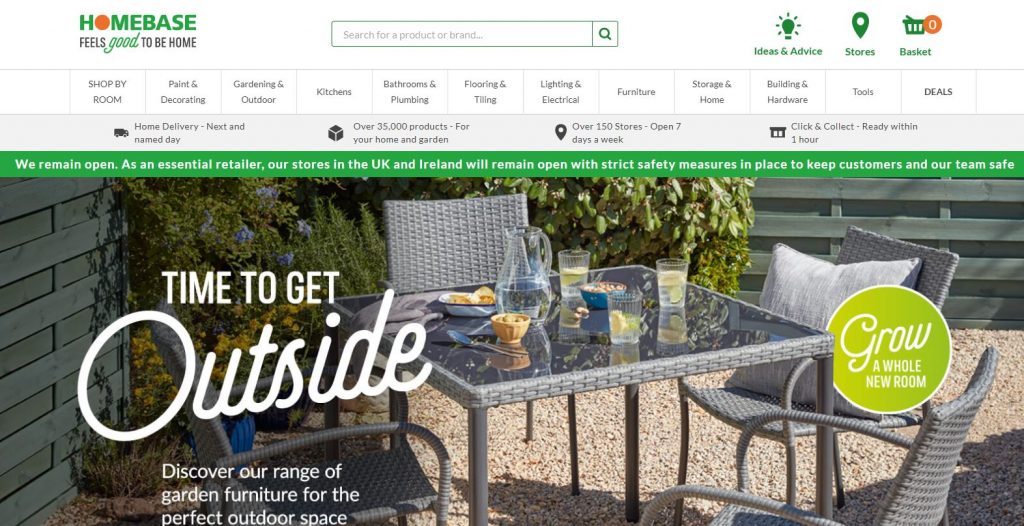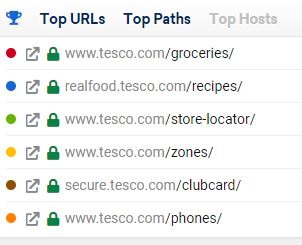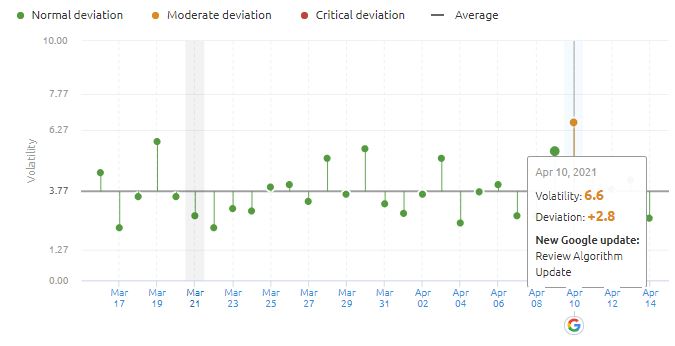Over the past year, the pandemic has put many aspects of daily life to the test. Of course, businesses have also been affected, although with uneven results. Some companies were already prepared and their digital transformation was a reality before this disruption; others have adapted along the way, forced to change their business model or sales channels (as discussed recently here); finally there are those who have emerged as big winners or big losers, simply because of their specific field or sector.
Google (and what we seek, request or contrast through this “viewer” of the digital age’s first pandemic) is a good reflection of that. It is with good reason that some are already pointing out that this search engine, which knows our concerns before any doctor does, will ultimately be the predictor of the next pandemic.
We continue to dream of traveling
Websites related to tourism suffered greatly throughout 2020. Booking.com is a prime example. Since the beginning of the pandemic, Booking’s organic visibility on Google has dropped dramatically in several countries, including the UK and Spain:

Booking visibility comparison on Google UK. Source: Sistrix
Another clear example is Airbnb, whose activity collapsed because of health and travel restrictions. Airbnb has gone from being one of the tourism industry’s giants to experiencing a significant crisis. As stated by the start up, “It took us 12 years to build, and we lost almost everything in 6 weeks”.

Airbnb’s visibility on Google UK has plummeted. Source: Sistrix
Recovery depends on each country’s individual situation. For example, in 2020 Americans were the most concerned about the impact of the pandemic on international travel. However, Google searches of the “resorts near me” type have increased by 80% worldwide this year, compared to last year. At the same time, searches grow for terms like ‘travel to’ or ‘hotel booking app’. In places like the UK, where the vaccination roll-out is more advanced than elsewhere in Europe, interest in travel-related topics is greater:

Travel search trend in the UK. Source: Google Trends
Masks yes or no: it depends on where you live
Curiously, mask-related searches have evolved unevenly (since countries legislate differently). Take for example Spain. In Spain, mask use is widespread as mandatory mask rules have been imposed for both open and enclosed spaces for some time. In a country like Spain, where people have grown accustomed to mask regulations, interest has declined due to the ubiquity and normalisation of face coverings:

Source: Google Trends
Meanwhile, in the UK or Germany search behaviour has been quite different. In the UK, mask-related searches soared in July 2020 as England, Scotland and Wales began to cautiously reopen and firm up rules regarding mask wearing in public.
As the same time, interest in masks in Germany increased in mid-January of 2021, when Bavaria rolled out compulsory FFP2 mask use:


Search trend for masks in the UK (above) and Germany (below). Source: Google Trends
There is no place like home
Our consumption habits have highlighted the importance of being as comfortable as possible at home. Many DIY and home decor websites have experienced increased visibility in Google results across the board. An example is the UK’s well-known home improvement retailer Homebase. The chain underwent a significant increase in visibility on Google during the pandemic, but has recently suffered some ranking setbacks, most likely due to poor website modifications.

Homebase visibility in Google UK. Source: Sistrix
Throughout the pandemic, Homebase has striven to give customers ideas on how to enjoy their time at home more as well as detailed information about their stores that have remained open during the global health crisis:

Other large companies such as Tesco have also strengthened their presence on Google. They have done this by selling food of course, but also by cultivating customer loyalty through recipes, which are the second most important section of the Tesco website:

Top paths on Tesco’s website. Source: Sistrix
Working from home has also led to increased demand for businesses who deal in IT and technology. An example is department store John Lewis, whose presence on Google has grown since the start of the pandemic:

Evolution of John Lewis’ visibility on Google UK. Source: Sistrix.
Leisure and training as an escape mechanism
All of us, to a greater or lesser extent, have tried to escape the routine and monotony of this long and strange year. If we can glean something positive out of a situation like this, it is the rediscovery of habits previously robbed by busy schedules or simply the desire to upcycle and improve our skills. A clear example of this has been the uptick in interest in home cooking content, online courses, or booksellers. These are all among the sectors with a greater increase in visibility on Google in recent months.

Bookshop’s UK network of independent bookstores has as taken advantage of the situation to expand. Source: Sistrix.
Time to cultivate our ability to adapt
Contrary to the examples seen so far, a host of sectors including hospitality, retail clothing, betting or sport have been greatly diminished due to changes in consumer behaviour and pandemic-related restrictions.
As if that weren’t all enough for those industries who have been suffering during the pandemic, Google’s algorithmic updates have also taken their course and added more movement and volatility to SERPs in the UK:

The latest algorithmic update in the UK (April 2021). Source: SEMRush.
How can we face such a situation? Basically, by cultivating flexibility. Just as the nervous system adapts to its environment, our own behaviour should tend to be receptive to change as well. Applied to the business world during this century’s first pandemic, this translates into the following points:
- Adapting to the digital ecosystem is a necessity for business.
- You do not have to complete with large marketplaces like Amazon, instead you should be exploring ways to stand out, such as customisation of products, services, or further specialisation.
- Having a website is not enough anymore: you must work on conversion and SEO to be competitive. Reviewing data to keep up on which products are the most in demand, or the roadblocks to purchase that users face, are key.
- User experience is now 100% digital: the online world helps people find what they are looking for, simplifies the purchase process, and provides detailed product information. But user experience now also includes shipments and returns (if free all the better), after-sales service, discounts, and other loyalty tactics. It is important to take care of every detail.
Additional reading:
‘What we’ve learned from a year of COVID’, Think with Google
‘Action for destination marketers to navigate in a Covid-19 world’, BCG & Google
More posts about: Increase online sales







